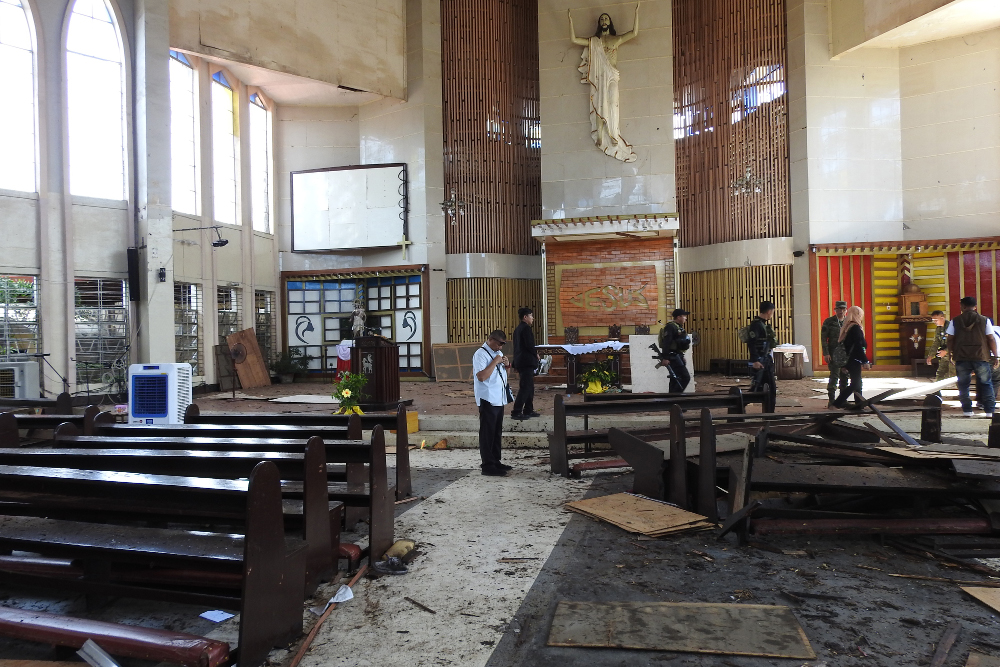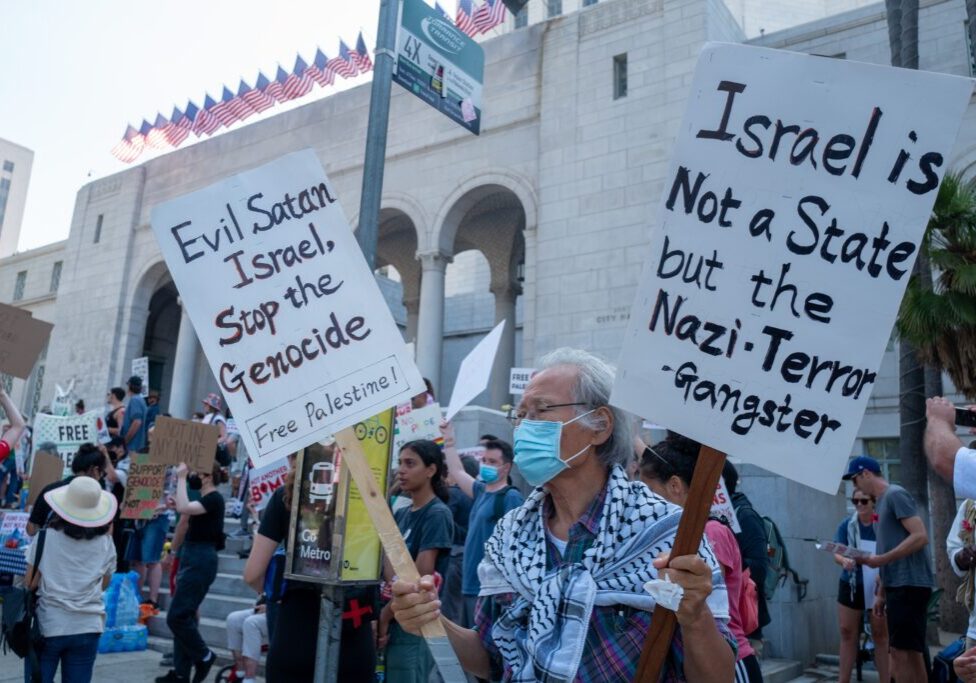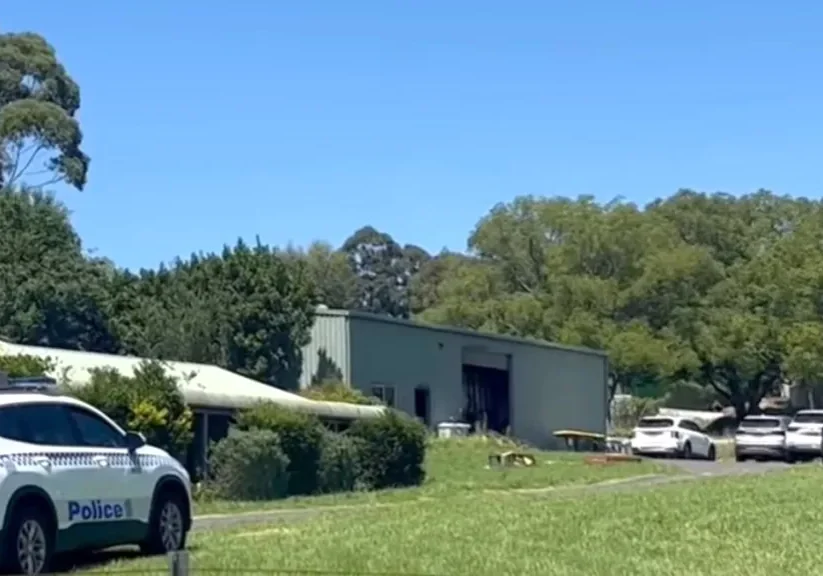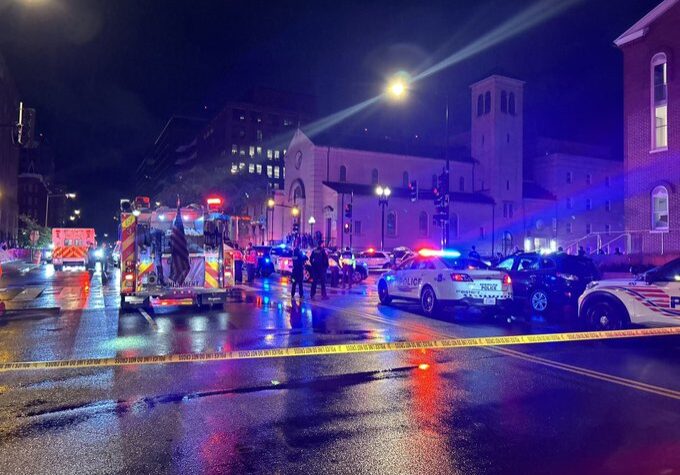Australia/Israel Review
Asia Watch: ISIS sneaking back
Nov 2, 2020 | Michael Shannon

Amid the all-consuming distraction of the global COVID-19 pandemic, Islamic extremist militants in Southeast Asia have not been idle. Recent signs point to an uptick in recruitment and a renewed threat of violent attacks, despite security services continuing to apprehend high-value targets.
The Philippine military has been ordered to monitor the operations of Islamic schools nationwide amid intelligence reports that they are being used as a breeding ground for new militants. Military chief Gen. Gilbert Gapay told an online forum with the Foreign Correspondents’ Association of the Philippines that the security sector would monitor schools in Sulu and other parts of Mindanao to prevent the possible infiltration of militants linked to the Islamic State (IS). Internet-savvy IS propagandists have been enticing children through social media, he said.
“We have found out that some of those who surrendered and [were] captured – quite a number of them – have been recruited and radicalised through social media,” he said.
The General’s comments came days after the arrest of Rezky Fantasya Rullie, a young Indonesian woman allegedly plotting a suicide attack in Jolo, the main island in the Sulu chain and a hotbed of Abu Sayyaf activity. Arrested alongside her were Inda Nurhaina and Fatima Sandra Jimlani, both wives of ranking Abu Sayyaf members, officials said. A suicide vest, bombs and improvised explosive device-making components were recovered from the trio.
Rullie had reportedly been under surveillance for months due to deep connections with jihadist activity.
Her parents, Rullie Rian Zeke and Ulfah Handayani Saleh, had carried out a twin suicide bombing at the Our Lady of Mount Carmel church on Jolo that killed 23 including themselves in January 2019. Rullie has two siblings – a brother aged 10, and a sister aged 20 – who are reportedly being trained as suicide bombers.
Indonesian officials say Rullie’s family tried to join IS in Syria but Turkish authorities had rejected them in early 2017. Then, in 2018, they illegally entered the southern Philippines via Malaysia with the help of Andi Baso, who Rullie later married.
Baso, an Indonesian suicide bomber-in-training, is believed to have been killed by troops on Aug. 29. He was wanted in Indonesia for his alleged involvement in a bomb attack at the Oikumene Church in Samarinda, East Kalimantan, in 2016, and was part of the IS-affiliated Jamaah Ansharut Daulah militant network in Makassar, South Sulawesi.
Rullie and her husband were believed to have been under the wing of Mundi Sawadjaan, a bomb-maker who masterminded a twin suicide bomb attack, also on Jolo, that killed 15 people on Aug. 24. Mundi is the nephew of Hatib Hajan Sawadjaan, the Philippine IS commander and a senior Abu Sayyaf leader.
Meanwhile, authorities announced on Oct. 12 that police and military troops had captured three Abu Sayyaf militants who allegedly acted as “financial conduits” between the IS and Sawadjaan.
One detainee, Abdulman Sarapuddin Tula, is known to be Sawadjaan’s procurement and logistics supply person on Jolo, while another, Kadija Sadji, is believed to be the wife of Al Asgar, son of the late Abu Sayyaf founder, Abdurajak Abubakar Janjalani.
Arrests of key operatives disrupt the command and logistics structures of militant cells and almost certainly save lives by preventing planned attacks, yet analysts harbour no illusions about the ongoing threat.
Mizan Aslam, a counter-terrorism expert at Universiti Perlis Malaysia, told BenarNews that Islamic State is trying to regroup after its territorial defeat in Syria. “ISIS never died,” he said. “Only we said they died, but they themselves never declared it… With all countries focusing on health security and food security, it has given ISIS room to sneak in.”
“Recruitment is through social media and not just Malaysia but in the global community affected by [COVID-19] lockdowns,” Aslam added. “People are staying home longer and going through social media non-stop, so the chances of being influenced are there. Islamic State is also seen to have doubled up their effort in dispersing propaganda materials on social media.”
Christopher Miller, director of the US National Counterterrorism Centre, says IS “continues to prioritise the expansion and reinforcement of its global enterprise, which now encompasses some 20 branches and networks.”
Speaking to a hearing of the US House Homeland Security Committee in September, Miller said the US and its partner countries have successfully targeted prominent IS figures, but the group has proved resilient. “Despite these successes, ISIS has repeatedly demonstrated the ability to rebound from severe losses over the past six years by relying on a dedicated cadre of veteran mid-level commanders, extensive clandestine networks, and downturns in CT [counterterrorism] pressure to persevere.”
Tags: Asia, Islamic Extremism, Islamic State, Philippines, Terrorism






